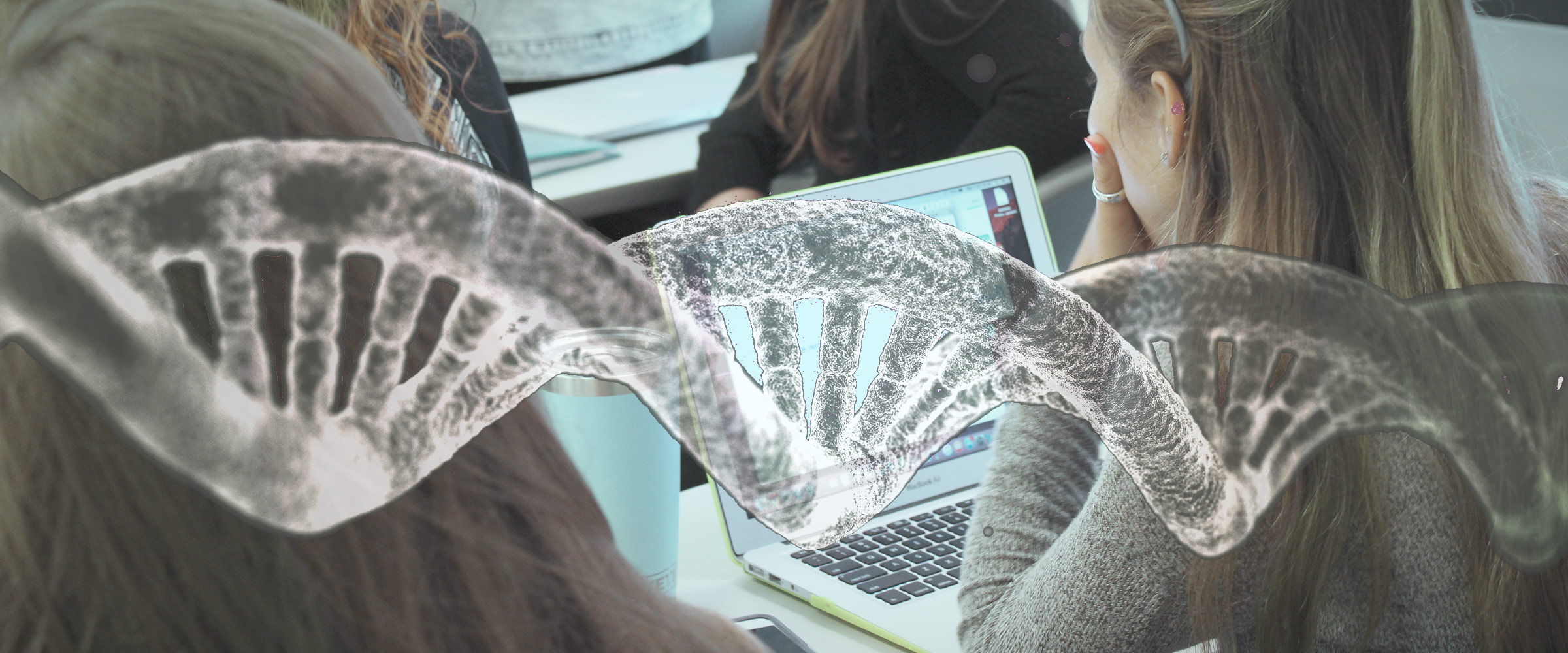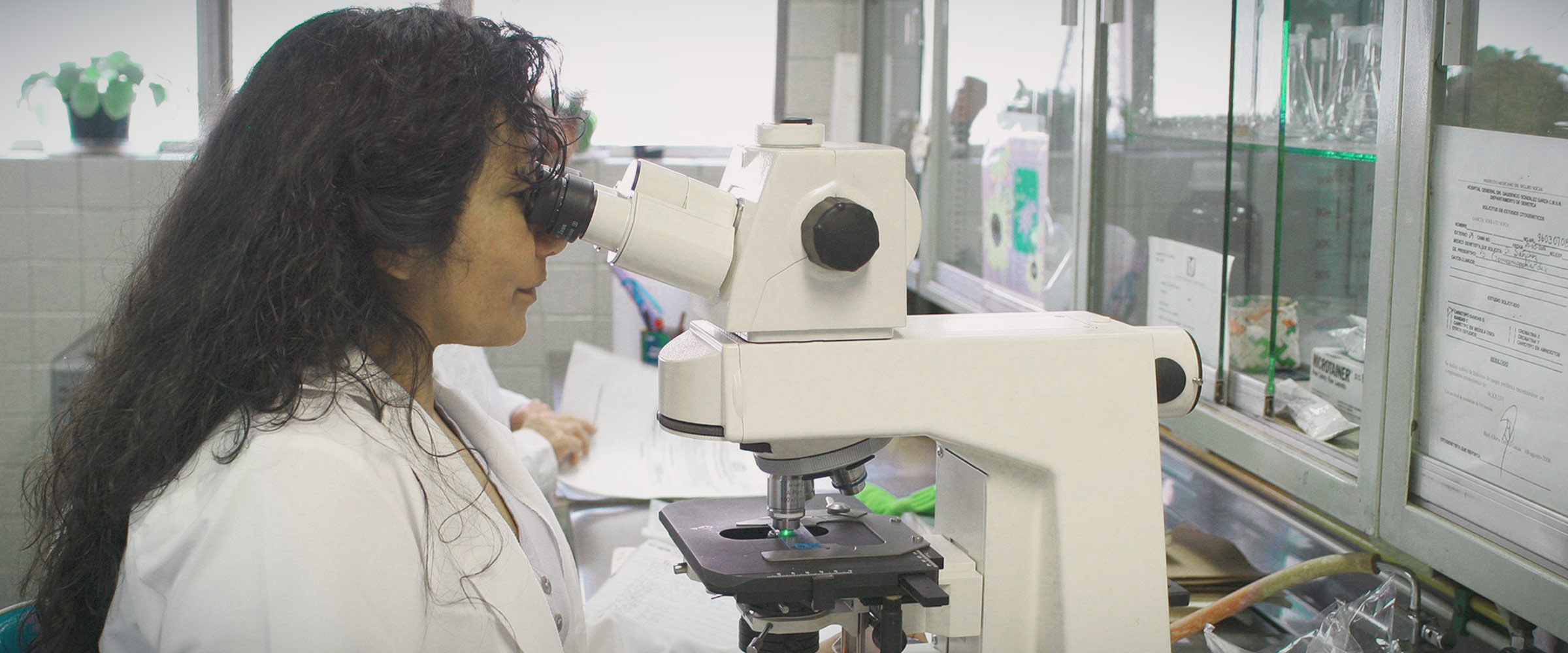Contributor Justin Robbins explores some of the expectations for college science classes, sharing insight for autistic students into the scientific process, and what that means for test questions, in-class work and discussions, and labs.
Science in college is, as has become a theme in my articles, not the same as science taught in high school. At the most basic level, most science courses (except perhaps intro classes) are designed for specialization in mind. Content that got a unit or maybe just a lecture in a high school or intro college class might get a course all to itself. Some examples of this in my experience include Plant Development, Animal Behavior, and almost everything in my ecology specialization. All of this is meant to prepare students (that’s you) for careers in those fields. As a result, in addition to college students being older and more intellectually mature than their high school peers, this changes the ways science is presented, evaluated, and taught.
Maybe you’ve already heard this in science classes, but science is as much a process and a system as it is a series of facts. That will affect how courses are taught, especially after the introductory level. “Why?” and “how?” become far more important questions than “what?”. To be clear, the basics are still important, but they are “merely” the foundation. Knowing those facts is not the end goal, but a prerequisite for achieving the real goals of the class. This could mean more effort is needed than in previous classes. On the other hand, it tends to push away less important minutiae in favor of the more relevant information.

Let’s use the central dogma of biology as an example. For those unaware, this is the process of how genetic information becomes proteins, with mRNA as an intermediary step. A “high school style” question might ask what amino acid always begins a protein sequence. A more difficult question might ask the names of several amino acids. A “college style” question might provide the list of what DNA patterns yield which amino acids, give you a sequence, and ask what kind of mutation, if any, would occur if a certain nucleotide (individual segment of a DNA strand) were deleted and there were no introns.
Let’s answer this hypothetical question, assuming a DNA sequence ending with CAT was changed to CAC. First, the strand of DNA is transcribed into RNA. This is done by matching As and Ts or Us (RNA uses U instead of T), and Cs and Gs, to each other. Genetic strands also face opposite directions as their match, so the end of the sequence becomes the beginning, AUG for the wild type and GUG for the mutation. Because there are no introns, we don’t need to worry about the mRNA being altered during processing. We then get to translation, where three nucleotides match with an amino acid that is linked with the other amino acids into a chain. Using a codon table, we see that ATG codes for methionine and GUG codes for valine. However, all amino acid sequences have to start with methionine, so if that is changed (and assuming that sequence isn’t found later in the sequence), the protein will not form at all. This would be a nonsense mutation.
This is more than you would need to answer; I had to explain both the problem and the solution, and much of this you could do in your head and not have to write down to receive full credit. Still, it represents the way questions are asked in college and the way rote knowledge ties into understanding. Raw knowledge is the prerequisite, not the end goal. There is a clearer purpose to memorization: to better understand the underlying systems and principles.
On exams, this will manifest itself in the form of short answers and open response questions. Those will be the majority of points on any given test because they allow for that level of critical thinking. In higher-level courses you might have a project or projects, but most of your grade will still come from exams.
Of course, there is far more to a course than how it’s evaluated. What you do during class is, in the long term, far more important than any exam or any homework you ever have. Most courses have a lecture component, but even in earlier courses professors will encourage discussion about key concepts. As you progress, these discussions become more and more important and involve a larger part of class time. The fact that class size decreases dramatically as you leave intro classes behind certainly helps things.

Another concept fleshed out in advanced courses is the most important to any scientific discipline: the scientific process. At the end of the day, science has always been more than facts and concepts. It is a process of observation, experimentation, and interpretation. This is taught in course lab components and presented as challenges to explore in many seminar courses. When you do labs, the result probably won’t be a forgone conclusion, something which bored me whenever we did labs in K-12. Furthermore, what you’re taught is more than just the same lesson a different way—it’s the process, from hypothesis to conclusion and analysis. This is reflected in how lab reports are evaluated.
Another change, partially because labs are not forgone conclusions, is what your expected results are. Unless you grievously failed to follow the lab procedure, you will not be penalized for an unorthodox result. In fact, as you will learn, it is your moral obligation to report exactly what you got. While you should explain why your results are different from expected, changing your results to match expectations is a form of academic dishonesty. Not only that, but variance is to be expected and might even mean you were doing it right!
In seminars, how certain concepts were discovered is covered along with the concepts themselves. For example, the beak similarities and differences in Darwin’s finches, and his observations on artificial selection. These led him to gradually formulate his theory of evolution by natural selection, because organisms with the best-adapted traits would be more likely to live and pass on those traits to the next generation. This critical thinking is the most important skill learnable in any science course, and it is the beating heart of what science is.

This critical thinking is the most important skill learnable in any science course, and it is the beating heart of what science is.
What are you looking forward to learning about at the college level?





Well explained Justin. One example that was always given of the consequences of fabricating data when I was in undergrad was the story of Andrew Wakerfield, a researcher who fabricated data about vaccines and autism. Even though the paper was retracted, conspiracy theories continue to exist and br shared online and statistics show vaccinations are down in some areas and the last few years there have been outbreaks of diseases like measles or whooping cough and some infant/child deaths. In this case the consequences went far beyond academic ones and into loss of life. Great explanation and the reason for universities taking fudge data so seriously goes far beyond a chemistry 101 or psyc 101 grade.
Not to mention that Wakefield had his medical license revoked, and there’s a warrant for his arrest in all Commonwealth nations.